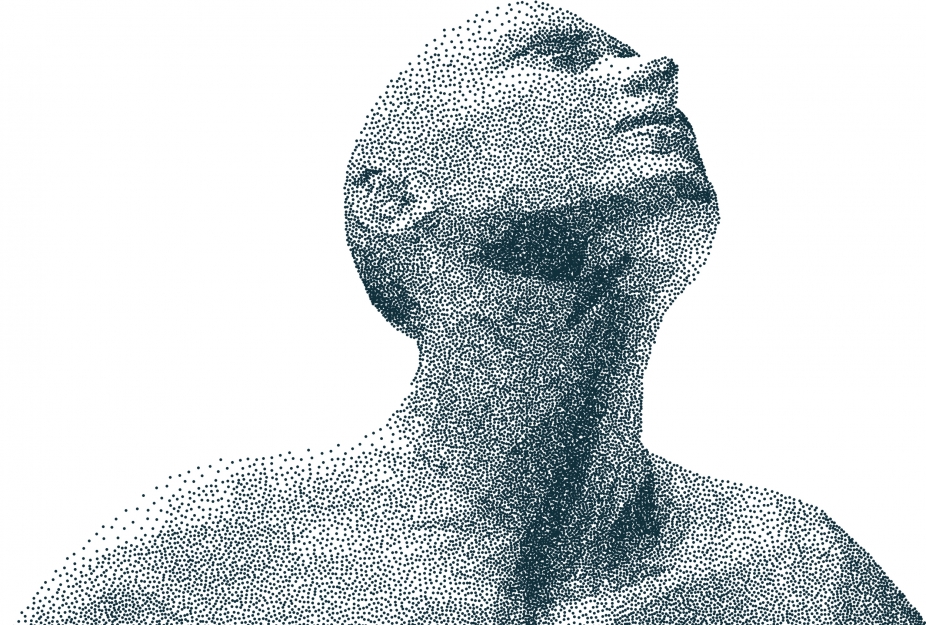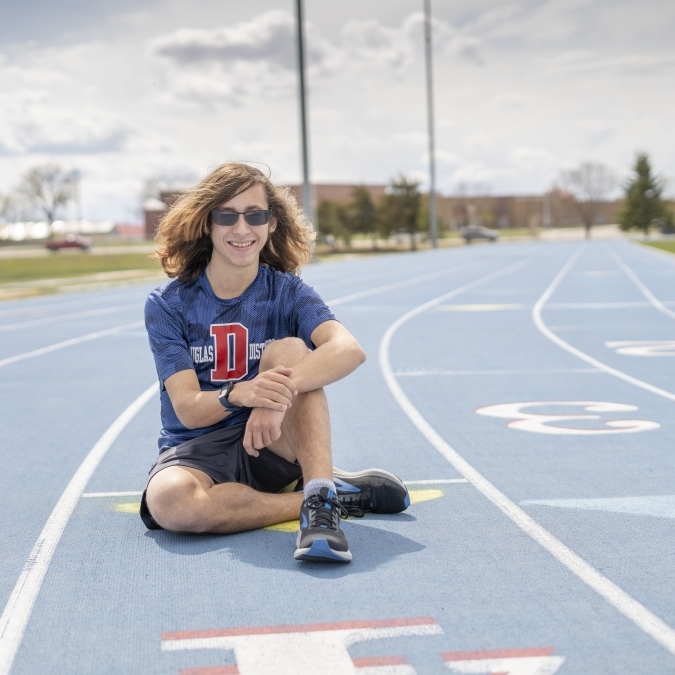Concussions are common and can affect people of all ages. Most are mild, and the injury along with any side effects, usually goes away within a few days without lasting effects. However, a severe concussion can cause impaired consciousness for several hours or longer and may cause longer and more serious side effects.
After a concussion, people can lose consciousness for a short time. However, most concussions do not result in a loss of consciousness. Not being able to remember events prior to, or following the injury, for a period of time is another sign of concussion. Though, some people simply feel dazed or confused.
National surveys estimate that approximately 3 to 18 out of 100 children or adolescents in the general population will have a concussion at some time during their childhoods.
Know the signs of a concussion
A concussion is a temporary change in brain function due to a traumatic head injury. It may cause loss of consciousness for a few seconds or even impaired memory of the event.
The symptoms can vary and could include:
- Head pain
- Fatigue
- Trouble sleeping
- Dizziness
- Difficulty concentrating
- Irritability
- Mood changes
- Personality changes
- Generalized aches and pains
- Decreased appetite
Who Treats Concussions
When a concussion is sports related, athletic trainers, sports medicine physicians or physical therapists can treat athletes. It is very important to have a concussion identified and treated by qualified health care professionals.
“Athletic trainers are trained in concussion recognition and treatment. They have tools like Sway and SCAT5 to help determine if someone has a concussion,” said Kaleb Birney, Certified Athletic Trainer.
“More importantly, athletic trainers understand the healing process and what the patient needs to do following a concussion so that they can return to sports, activities and school safely.” Athletic trainers also check for any signs of more serious problems and prevent further injury to the patient.
Following a concussion, athletic trainers can aid in the treatment with symptom scores, balance testing, Sway testing and VOMS (Vestibular Ocular Motor Screening) rehabilitation. “They can also educate the patient on how to best perform in the classroom if they are a student,” Kaleb said.
Myths and facts about concussions
Myth: If they don’t get knocked out it’s “not” a concussion.
Fact: Most concussions occur without a loss of consciousness.
Myth: People suffering from concussions need to wake up every 30 minutes to an hour.
Fact: Unless otherwise directed by a health care provider, people suffering from concussions may sleep as much as needed.
Myth: A mild concussion is not a brain injury.
Fact: There are different levels of concussions – mild, moderate and severe — but even mild concussions are brain injuries.
Causes of Concussions and Possible Risk Factors
Head traumas are the cause of a concussion and are often associated with sports related injuries. A TBI can cause a concussion with or without an identifiable physical injury. Concussion is believed to occur due to changes in the chemical activity in the brain that result from trauma. These changes can affect different regions throughout the brain. Hollan Harper, D.O., most commonly sees concussions in football due to helmet to helmet collisions or from an athlete’s head hitting the ground. He said, “Similarly, with other sports, usually it is the head colliding with another body, part of another person or after falling and hitting their head on the ground, for instance, taking a charge in basketball or getting hit in the head by a volleyball.” He continued, “Outside of athletics we typically see concussions following motor vehicle or bicycle accidents.” Concussions are generally caused by some type of head impact but can also be caused by non-contact whiplash injuries as well.
Of those contact sports, football, hockey and rugby are the sports with the highest risk of concussions.
What you should do if you suspect you have a concussion
- Stay off phones and other electronic devices.
- Get as much rest/sleep as possible.
- Perform rehabilitation exercises such as VOMS, walking, jogging as prescribed by your AT, PT or physician.
- Complete an extensive return to play/learn protocol.
- Never return to a game or competition if you suspect a concussion.
- Learn and practice the proper techniques for your sport.
- Talk with the athletic trainer or primary Sport Care Medical practitioner treating you daily about your symptoms.
Sway Concussion Testing
Sway Medical is a new platform of concussion testing that allows Monument Health athletic trainers and providers all-in-one access via a mobile device to collect data and better care for athletes. Sway has pioneered mobile balance testing with technology that uses nothing more than the mobile sensors built into the device an athletic trainer already has, their cell phone. This allows Monument Health athletic trainers to administer a medical grade balance test in virtually any setting.
“We’re thrilled to be able to use this program. It allows us to establish baseline testing for athletes at a more efficient rate,” Kaleb added. Sway also makes it easier for me to track athlete symptoms and update records in real time. It gives me the opportunity to provide faster feedback to players, their physicians and coaches.”



